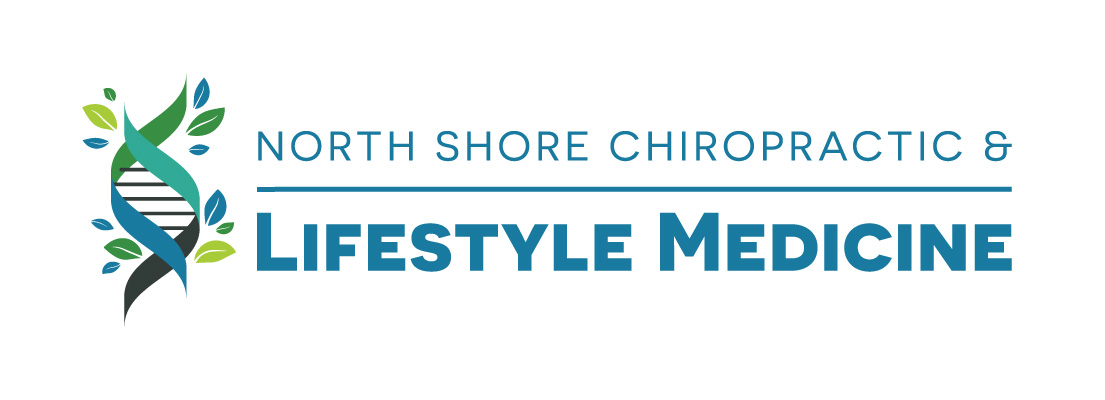Genetic Testing
Genetic testing is becoming mainstream in healthcare and in effect changing the way medicine is practiced. For decades randomized placebo-controlled clinical trials have set the gold standard for determining the guidelines healthcare practitioners use in the daily practice of caring for patients. These guidelines established by the clinical trials are considered safe and effective.
The Journal of the American Medical Association published an article in June 2015 called “The Precision Medicine and Initiative: A New National Effort.” The article went on to say that “the outcomes in randomized clinical trials are the basis for the FDA to approve many medications. It is often found that a minority of study participants derive benefits from the drug.” The number of participants needed in many trials must be greater than 10, and for the drug to be approved 1 patient of the 10 must benefit. Whether a trial involves 10 subjects or 20,000 the potential benefit is slim. Medical treatment is based on the average. This is no longer a valid concept with the decoding of the human genome.
Genetic testing used for healthcare is in its infancy. In this short time there has been an explosion of information. Is frequently called “Omics” revolution. In this science there is genomics, metabolmics, poteomics, transcriptomics, and genomics. All of these “omics” are investigating genes in numerous ways and functions.
Obtaining our genetic information is becoming less expensive and involve very simple testing procedures. Unfortunately, the interpretation of this information is an issue. Doctors that perform this type of testing should be well schooled in the implications of genetic information. 8% of genetic expression is somewhat fixed. Meaning, this is the coding of your gene and this is the result. 92% of gene expression results from epigenetic’s. Science of epigenetic’s involves how our genes respond to our environment. Environment is everything except yourself. What this means is that 92% of your genes are not fixed. 92% of our genes are affected by our lifestyle.
Dr. Jeffrey Bland states that “I believe genomic testing is ready for prime time when used to introduce a person to his or her book of life, which represents the potential for both health and disease throughout the lifespan of the individual.”
By evaluating your genes incredible information can be learned. With this information you can change your diet, exposure to toxins, exercise and many other aspects of lifestyle to improve your health and to avoid chronic disease.
Functional Medicine/Precision Medicine now integrates genomic testing to develop true personalized medicine.
Let me first explain some concepts to illustrate how we use this information. As I explained earlier the environment can change the expression of our genes, epigenetic’s. These changes are called SNP’s which are Singular Nucleotide Polymorphisms. One of these SNP’s is called MTHFR= methylenetetahydrofolate reductace. This converts folic acid into usable form for our body- methylfolate. If there is a problem with this enzyme, homocystine is elevated in our blood which irritates the lining of the arteries. Cholesterol attaches to this irritation forming a Band-Aid. This is the start of cardiovascular disease. This is not the only mechanism for cardiovascular disease.
The treatment can be as simple as taking a supplement that is and activated form of folic acid. After taking this supplement, retesting the blood shows reduction in homocystine. This decreases the risk of cardiovascular disease. Most times it’s not as simple as this. There many other cause of cardiovascular disease. A lot of these other causes can be tested in a similar way.
If your family has a history of cardiovascular disease you can safely take an active form of folic acid= methylfolate.
